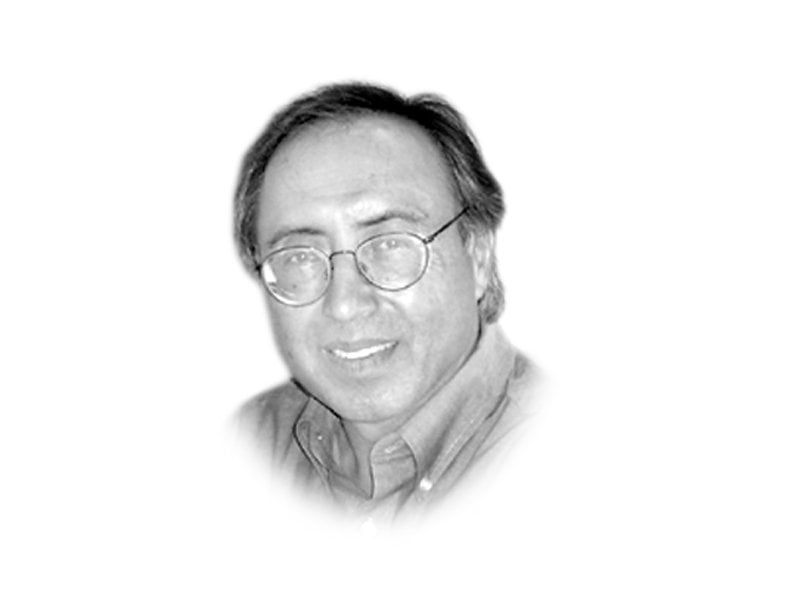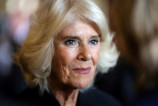
Older people are generally conservative, believe in traditional values, are risk averse and willing to support tried and tested more than the new political players. In contrast, younger people are politically enterprising, radical and embrace new ideas and tend to support political forces that offer credible, positive change in society. These are general tendencies of political orientation and not any firm or absolute principles that we observe all over the world. Also, because of national culture, crises or positive trends of economic development, stability and better order, the class or age factors may not conform to the universal template.
Pakistan is one of the most distinctive countries with the youngest population, more than 60 per cent under the age of 30 years. How they vote and which party is able to mobilise the young voters will determine the outcome of the 2018 elections. Let me say, it is going to be an elections of the young by the young and for the young. The choice they make — voting or not voting — or which party they are going to vote will have a great impact on the future of the younger generation that happens to be today in high schools, colleges and universities.
Then young graduates of colleges and universities that rose up against the dictatorship of Ayub Khan and supported democracy and Zulfikar Ali Bhutto has grown old, disappointed by all regimes and generally pessimistic in their political views. That is understandable for what happened to their dream of a ‘new Pakistan’. We may write off the fading generation but not the youth that is equally unimpressed by what the country has been able to achieve so far. The two decades of two military dictators — Ziaul Haq and Pervez Musharraf and two decades of ‘democrats’, most of whom served with the generals have done little to uplift the popular spirits, induce hope or make the younger generation proud of anything or anybody — Asif Ali Zardari, Mian Nawaz Sharif, the nuclear bomb. Sadly, this is what we have. You may add few more characters and sasti-roti and saaf pani scandals. The critical reading of and reflection on Pakistan of young men and women is that of failure, crisis after crisis, elite corruption, dominance of the military — and its narrow national and international vision.
We are going into elections with poor self-image, layered frustrations, ethnic divisions and bitter political confrontations. The big question is, will the youth rise to the occasion and vote for change — against the dominant political parties the young generation has endured for decades? The dilemma is, neither is there any social movement, like the Arab Spring, nor does the youth find corrupted democracy run by the dynastic, undemocratic elites inspiring.
Yet, elections are the only way out for any positive change in the direction, meanings and identity of the country. The coming elections may be won by a leader and a party that has credible vision of change, inspiring message, but also puts in place an electoral strategy on the ground that awakens, mobilises and wins the hearts and minds of the youth.
Published in The Express Tribune, June 20th, 2018.
Like Opinion & Editorial on Facebook, follow @ETOpEd on Twitter to receive all updates on all our daily pieces.
1731494851-0/BeFunky-collage-(51)1731494851-0-405x300.webp)







1729685382-0/Untitled-design-(57)1729685382-0-270x192.webp)




COMMENTS
Comments are moderated and generally will be posted if they are on-topic and not abusive.
For more information, please see our Comments FAQ